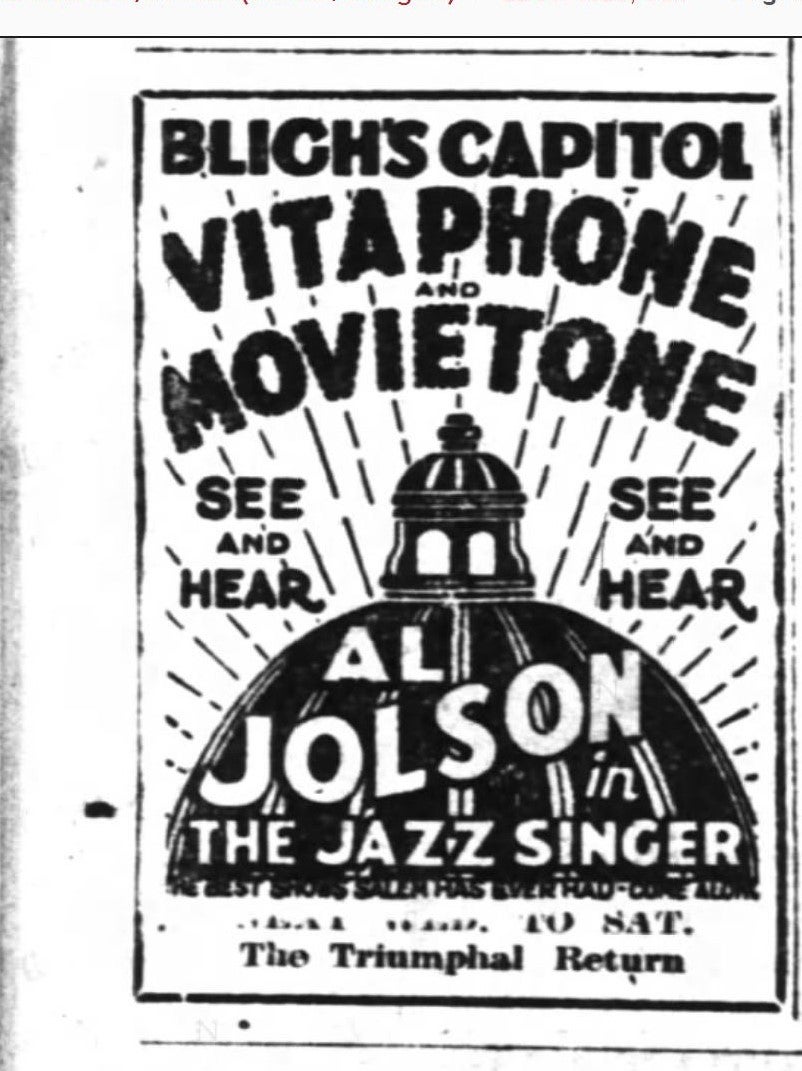Taylor v. Cohn – One historical example of racial discrimination in Oregon theaters
S. Morton Cohn, as described in an excerpt from Los Angeles Herald titled “Theatrical Magnate May Move Here,” states, “The biggest realty operator in Portland, Oregon; a prominent theatrical magnate with interests in New York, Chicago and San Francisco and is a millionaire several times over.” The excerpt continues to praise Cohn in his endeavors and welcomes him to the city of Los Angeles. Back in Oregon, Cohn owned many theaters and was also known as a very rich man in the theater industry.

